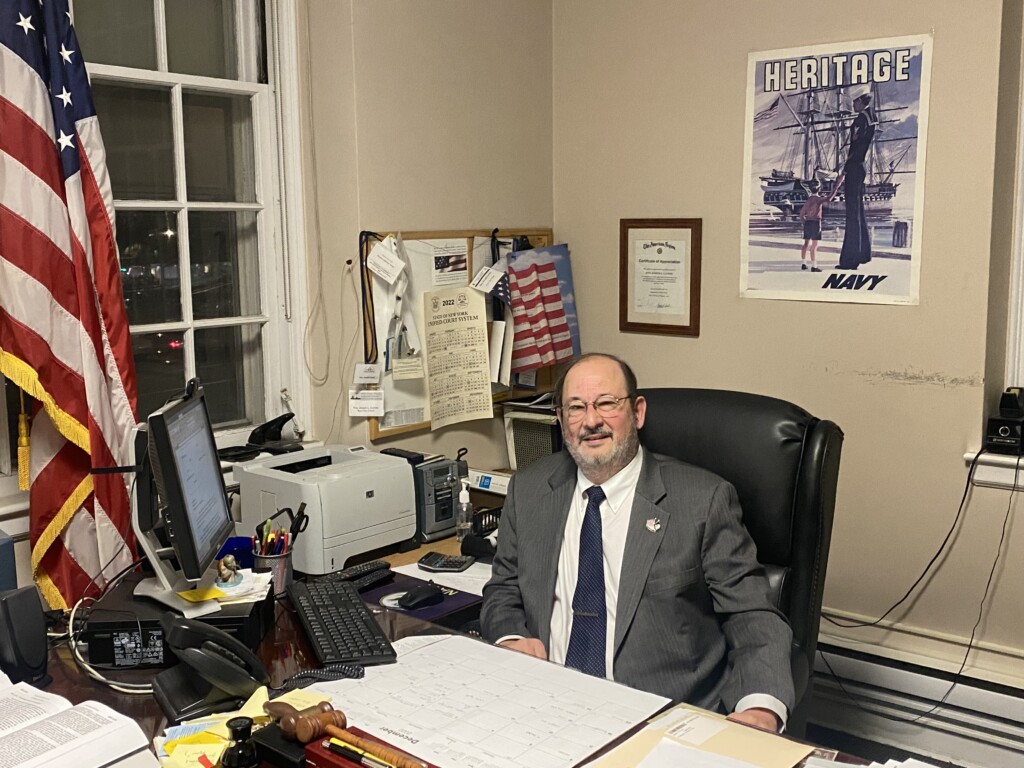Holding Court: No Fault

Holding Court is a series by retired Rye City Court Judge Joe Latwin. Latwin retired from the court in December 2022 after thirteen years of service to the City.
What topics do you want addressed by Judge Latwin? Tell us.
By Joe Latwin
It’s not your fault … it’s No Fault!
In 1974, the New York State Legislature enacted the No Fault Law. The purpose of the law, called “The Comprehensive Motor Vehicle Insurance Reparation Act of 1974,” was to weed out frivolous motor vehicle accident claims and limit recovery to serious injuries. “Serious injury” means a personal injury which results in death; dismemberment; significant disfigurement; a fracture; loss of a fetus; permanent loss of use of a body organ, member, function or system; permanent consequential limitation of use of a body organ or member; significant limitation of use of a body function or system; or a medically determined injury or impairment of a non-permanent nature which prevents the injured person from performing substantially all of the material acts which constitute such person’s usual and customary daily activities for not less than ninety days during the one hundred eighty days immediately following the occurrence of the injury or impairment.
The issue of whether a claimed injury falls within the statutory definition of a “serious injury” is a question of law for the courts. If there is no serious injury, you cannot sue for damages. Your remedy is to recover your medical expenses and lost wages from your own insurance carrier.
The burden is on the injured party to show he sustained a serious injury within the meaning of Insurance Law as a result of the accident. The issue of whether there is a serious injury is usually determined very quickly, often by a motion for summary judgment based upon the injured party’s medical records and medical expert opinions.
So, if you are injured in a car accident, but are not dead, didn’t lose a limb, was not significantly disfigured, had no bone fracture, permanently lost the use of a body organ, you are fortunate, but cannot sue.






